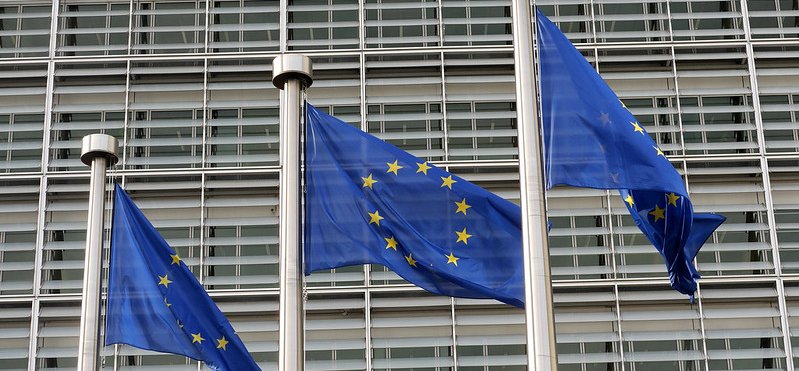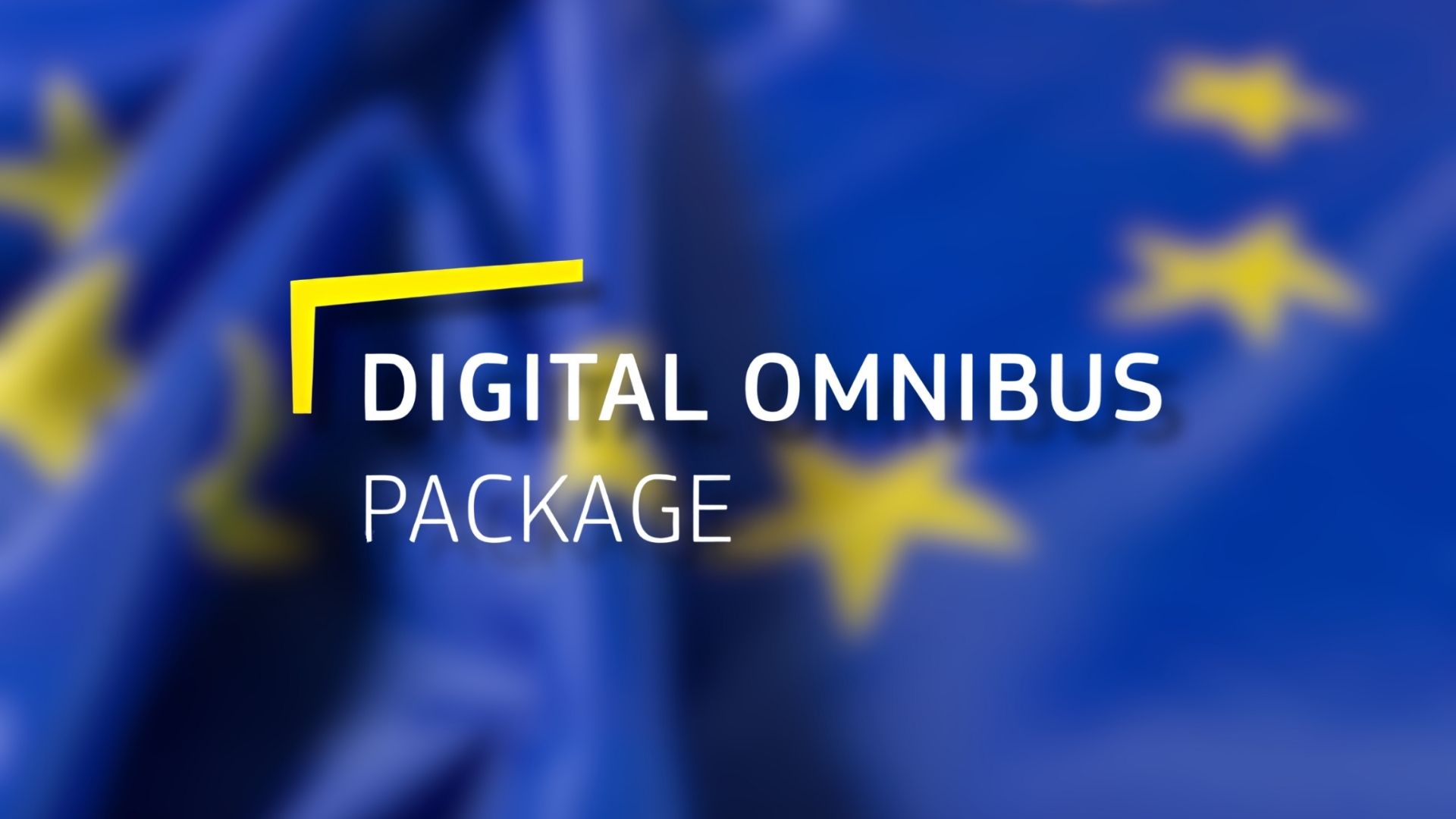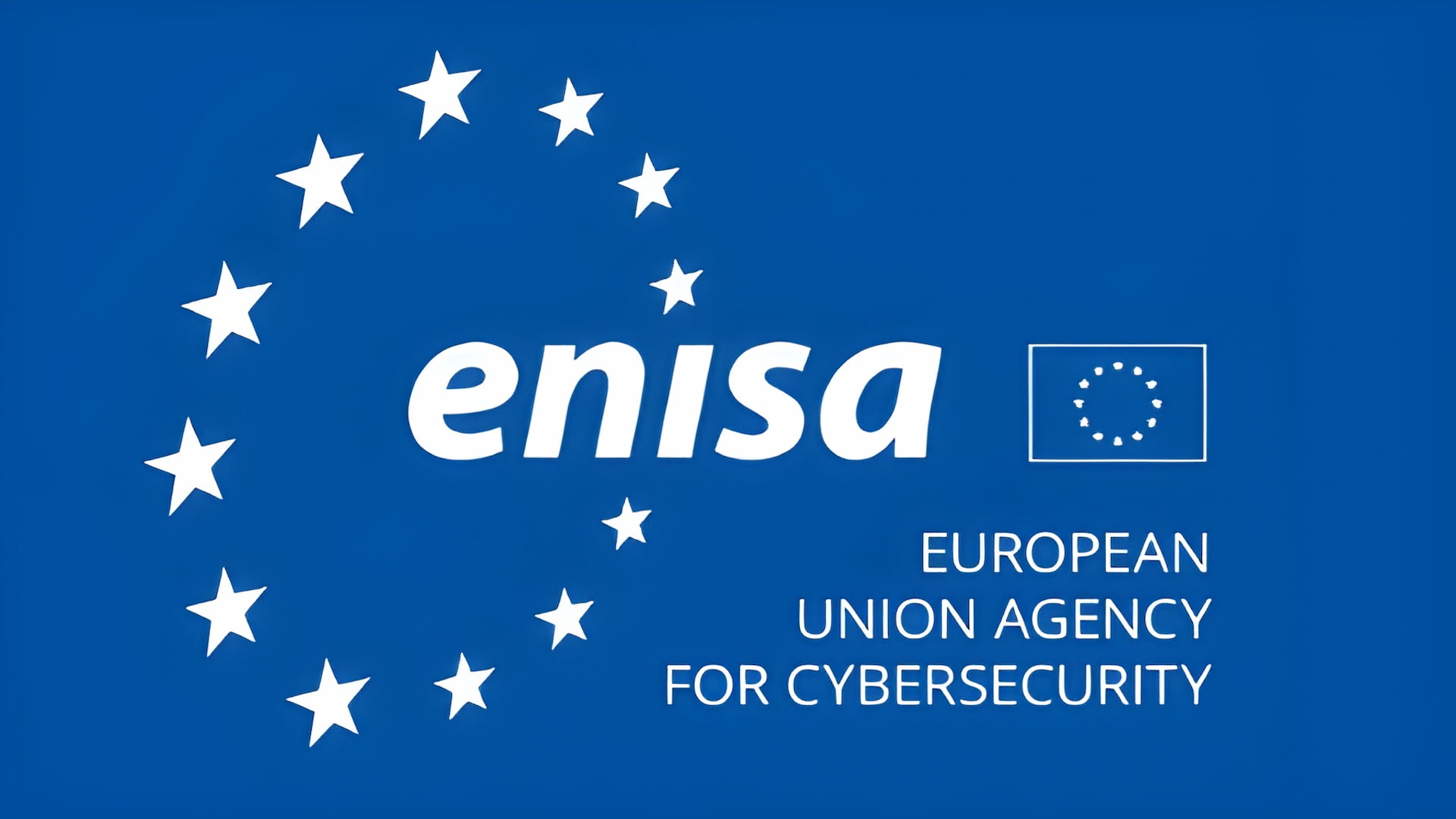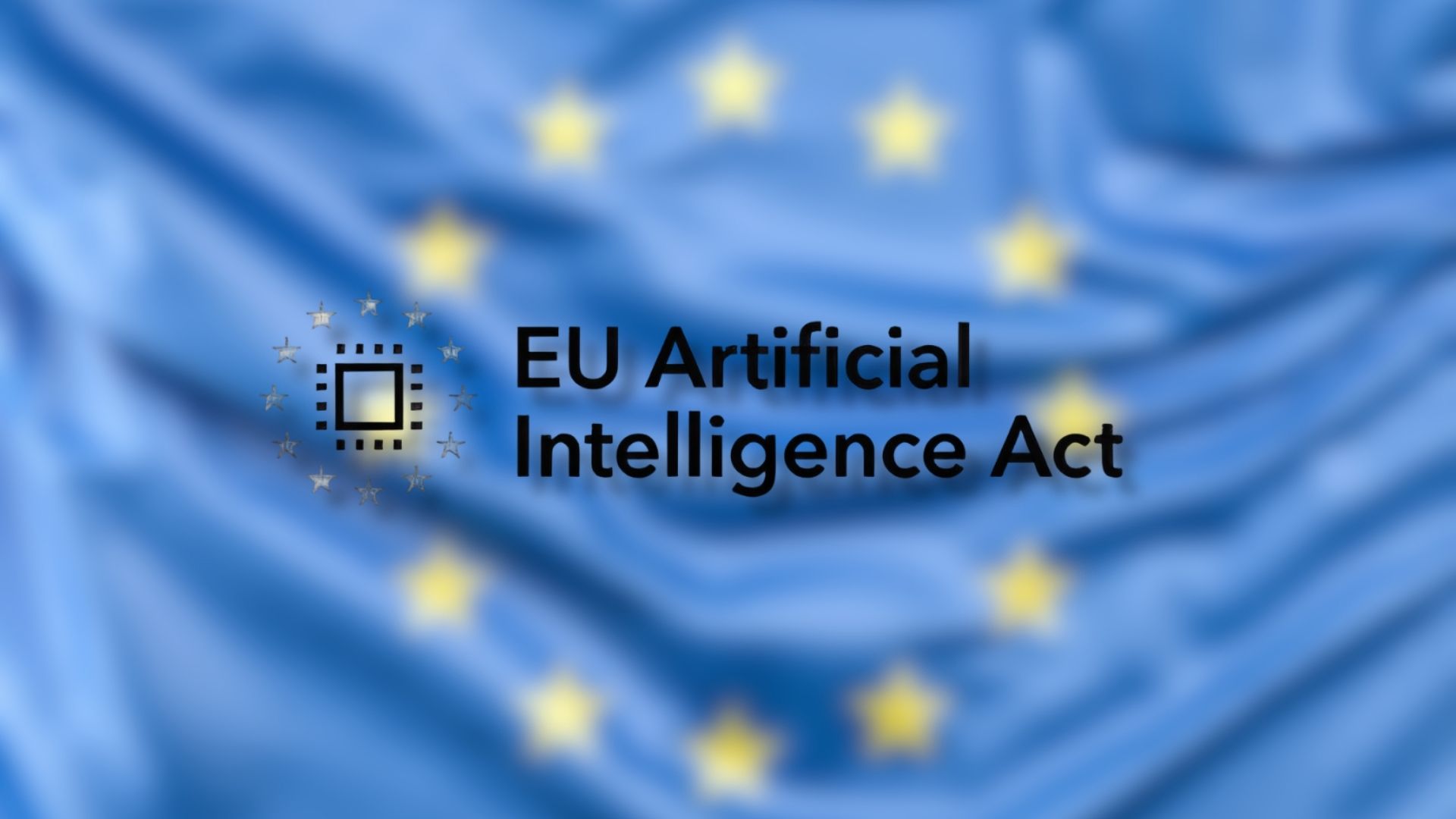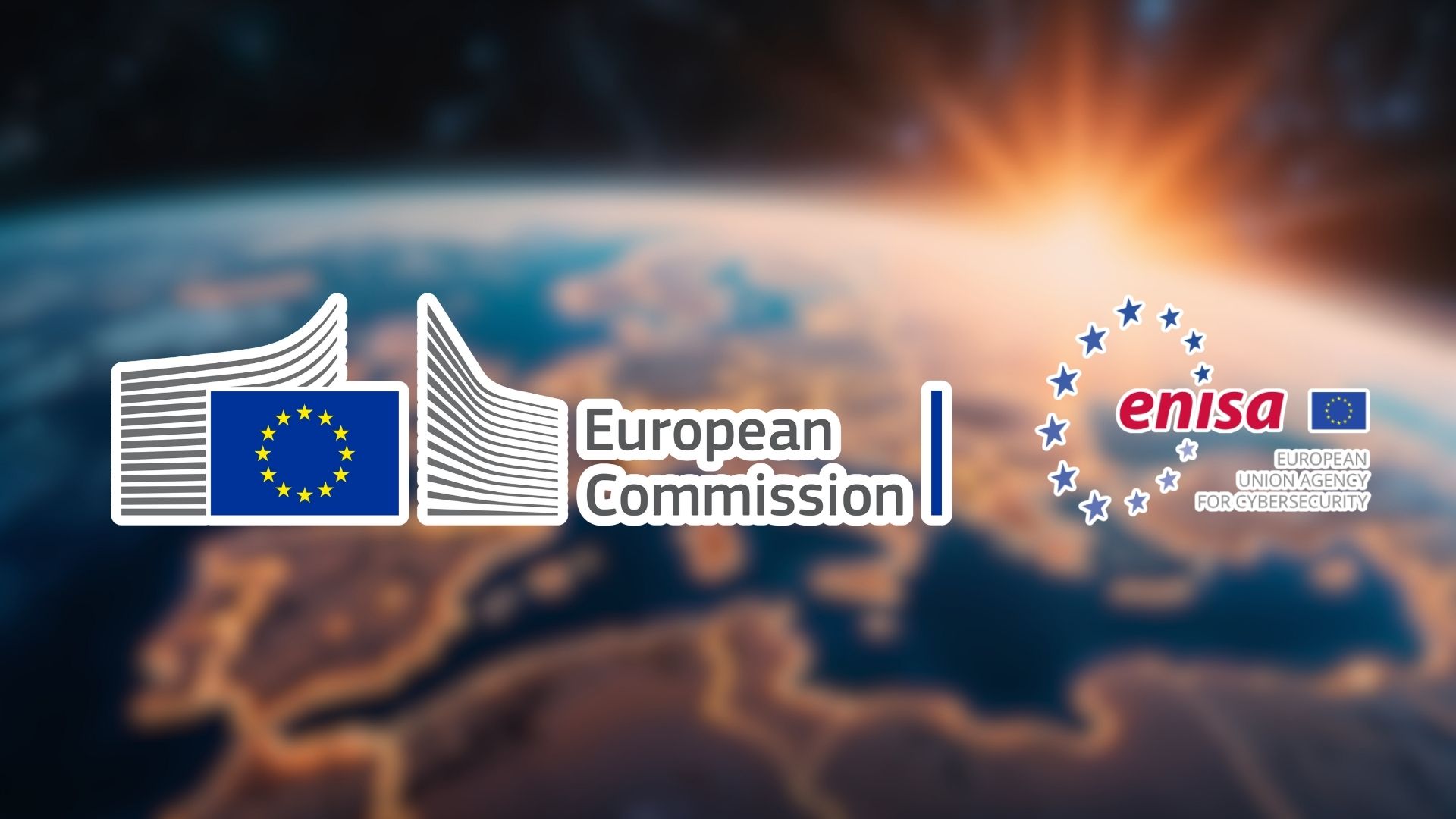The European Union has proposed new cybersecurity rules aimed at reducing reliance on high-risk technology suppliers, particularly from China. In the European Union, policymakers argue existing voluntary measures failed to curb dependence on vendors such as Huawei and ZTE.
The proposal would introduce binding obligations for telecom operators across the European Union to phase out Chinese equipment. At the same time, officials have warned that reliance on US cloud and satellite services also poses security risks for Europe.
Despite increased funding and expanded certification plans, divisions remain within the European Union. Countries including Germany and France support stricter sovereignty rules, while others favour continued partnerships with US technology firms.
Analysts say the lack of consensus in the European Union could weaken the impact of the reforms. Without clear enforcement and investment in European alternatives, Europe may struggle to reduce dependence on both China and the US.
Would you like to learn more about AI, tech and digital diplomacy? If so, ask our Diplo chatbot!

